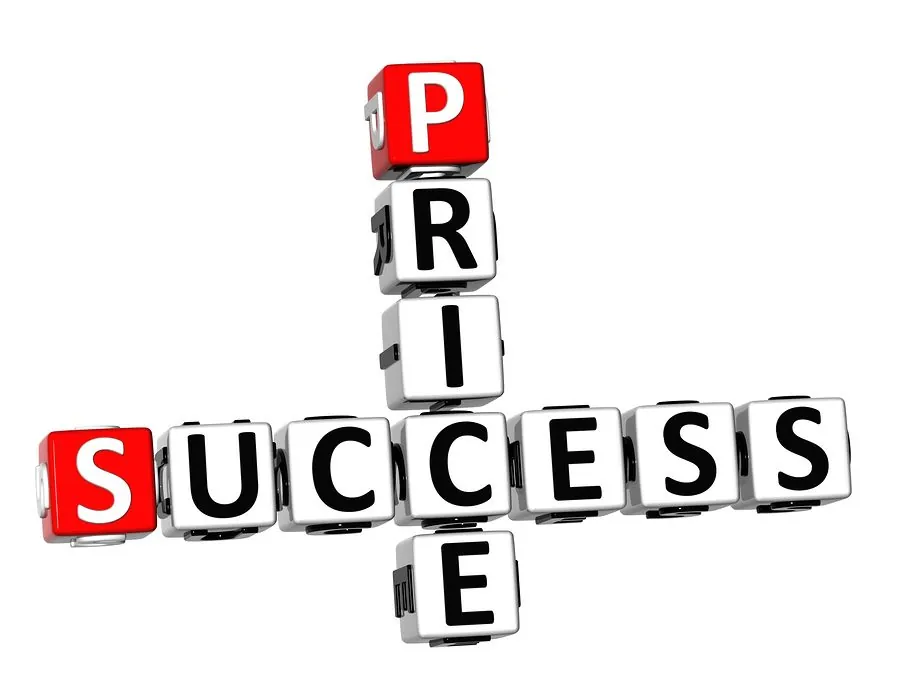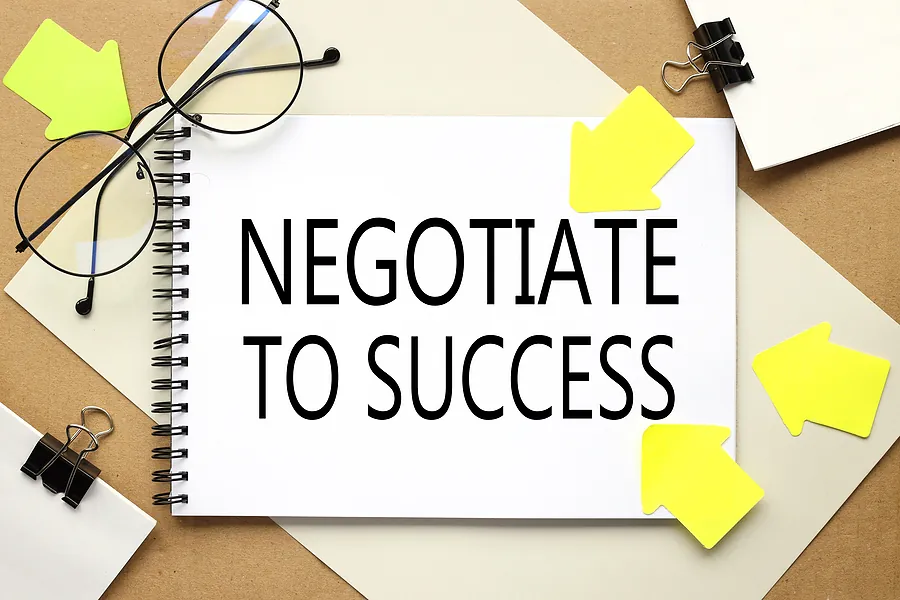Discussing Price Prematurely-Why and How to Avoid It

In sales, price is always part of the discussion. Often, however, buyers want to know the price early, before sellers can adequately understand needs or position value. This presents a challenge. Unfortunately for sellers, competing on price alone makes your product a commodity. It’s a race between competitors where the lowest price wins. And this race to the bottom is typically not good for either party.
Therefore, it’s vital sellers understand the pitfalls of a premature pricing discussion. For one thing, cost can abruptly end the dialogue. For another, dollar signs can prevent buyers from appreciating value. Here are several ways sellers can avoid entering early price discussions and engage in them effectively for the best result:
Address Needs
Before any price discussion can be productive, sellers must understand a buyer’s needs. Here are a few things to remember:
- Do your research
- Know the client’s situation, needs, and challenges
- Know the people and relationships involved
- Understand the industry and business climate
- Know the buying process from end to end
- Understand what options and alternatives are available
The more you know, the more you can position value. The more value you position, the easier the negotiation. For sellers, you’ll want to delay any price discussion until you understand the complete picture. Only then can you present a price relative to value.
Of course, in a perfect world, buyers would wait. Our world is less than perfect. If your client insists on engaging in price, deflect as tactfully as you can. For example, stress your need for more information and how this will help them. You want to be as transparent as possible, and you want to ensure accuracy.
If they persist, think about presenting a price range. Explain you offer a range of solutions for every budget. Price is contingent on what you must add or subtract to the solution. Remember, your goal is to address a need, solve a problem. You want to offer the best value for their money.
Present Value
When it comes to price, buyers and sellers are often at cross purposes. For many buyers, price is the end all. It can be the dealmaker or the dealbreaker. That’s why they want to get right to it.
For sellers, however, price must be compared against the value offered. Hence, sellers should not approach a price discussion prematurely. They need time to present what is included in the price, what value the buyers will receive. Before entering a price discussion, focus on the following:
- The problem your product or service solves
- The value your product or service delivers
Remember, you must counter the perception that price is a random construct. It is more than just a number. Effective pricing is based on several critical factors, including:
- Research and development
- Materials cost
- Manufacturing
- Distribution
- Marketing
- Value received
Of course, sellers need not explain these in detail. However, they should convey how their product is high quality, superior, and a great value because of these things. This way, you can focus on the value buyers receive over the price they will pay compared to the competition.
Know Your Product
Before discussing price, sellers must demonstrate product knowledge. This establishes you as an expert buyers can trust and serves the following purposes:
- Education
- Inspiration
- Validation
- Comfort
- Reassurance
Today, buyers have the internet. They’ve done research. They need salespeople who can teach them more than they learned online. They want to feel their choice is validated. Whether it’s buying a car, a phone, or 200,000 widgets for national distribution, comfort is key. The more you know, the more you reassure a customer’s choice.
This is paramount in a price discussion. Without this, the price—any price—can be perceived as a high number. Sellers who demonstrate product knowledge soften the blow. They help buyers justify the expense. They make the product worth the price.
Know Your Competition
Every business has competitors. To fortify yourself, you must know them like you know yourself. Remember, a price discussion isn’t a zero-sum game that pits winners against losers. Instead, it’s the best overall value that wins. Price is part of that value, but it is only a part. To know your competitors, demonstrate the following:
- Knowledge of their products and/or services
- Understanding of their value proposition
- Comparison of their features and benefits
Just as your products, service, and ancillary things make up your value proposition, these also define your competition’s value proposition. In some ways, your products are similar. In some ways, they are superior. To demonstrate value over price, you must illustrate how.
Of course, you should never denigrate the competition. This will always come back to bite you. Even if you know their product’s defects or their lack of service, keep the conversation neutral and factual. However, this does not mean you can’t contrast. In fact, your experience with the competition can be of use. You know what you must beat—in all ways, including price.
It’s easy to understand why buyers want to get to price early. If the price is too high, they can move on, and less time has been wasted. For sellers, however, time is your friend. Selling is a process. You must first understand the client’s needs. Only then can you guide buyers to accept solutions to their problems. And a big part of this is value and price. That’s why sellers must resist the urge to discuss price until they have presented the full value. At this point, it’s easier to agree, even on price, and buyers and sellers can achieve win-win outcomes.

- Account Planning (12)
- Awards (44)
- Client Testimonial (37)
- Personal Branding (21)
- Podcast (12)
- Research (78)
- Sales Career Development (90)
- Sales Coaching (166)
- Sales Consulting (141)
- Sales Culture (180)
- Sales Enablement (382)
- Sales Leadership (116)
- Sales Management (267)
- Sales Negotiation (14)
- Sales Prospecting (138)
- Sales Role-Playing (19)
- Sales Training (243)
- Selling Strategies (281)
- Soft Skills (78)
- Talent Management (101)
- Trusted Advisor (29)
- Virtual Selling (57)
- Webinar (13)

























